Have you ever found yourself wondering why your furry friend suddenly starts howling? They may be trying to communicate a secret message. Understanding why a dog howls, does not just answer our curiosity but is also a sign of a responsible pet owner. That connects us with our pets and gives us a chance to understand their needs and their behaviors more appropriately.
HighlightsDogs howl due to ancestry with wolves for long-distance communication.Howling can express emotions like excitement or seeking attention.Environmental triggers like sirens or music can prompt howling.Howls may indicate breed-specific behavior, like Huskies or Beagles.Excessive howling can signal distress and may require vet attention.
In this article, we’re going to explore how dogs communicate and the reasons why dog howls. Join us on this exciting journey of exploration, where each howl unravels a story and every bark has a unique meaning from our furry companions.
The information provided herein is for informational purposes only. Please refer to ourdisclaimerfor more details..
Table of ContentsWhat is Dog Howling?8 Reasons Dogs Howl and Make Noise1. Communication with Other Dogs just like a Wolf2. Expressing Emotions3. Response to Environmental Stimuli4. Territory Identification5. Breed-Specific Behavior6. Seeking Attention or Alerting to Danger7. Indicating Separation Anxiety or Pain8. Manipulation or Demand for SomethingAddressing Excessive HowlingFrequently Asked QuestionsWhat does it mean if a dog howls?Are dogs happy or sad when they howl?Do Dogs howl in pain?Conclusion
What is Dog Howling?
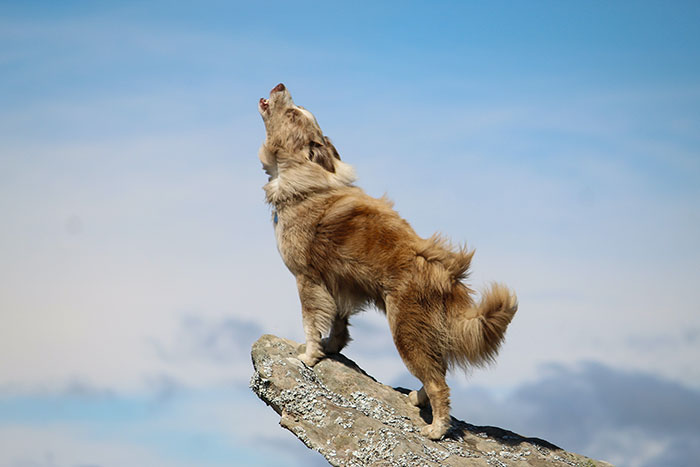
Image credits:Lilian Jeane Schiffer.
Dog howling is a unique way dogs talk, and it sounds a lot like wolves. This howling is not just a simple sound; it’s a complicated way dogs communicate, coming from their wolf ancestors. Barking is different, as dogs bark for many reasons like warning people or showing happiness. But howling is deeper and more natural for them. It’s a sound that goes on and on, changing how high or loud it is. Dogs use it to talk to each other in many ways.
To really get why dogs howl, we need to think about wolves – the wild animals dogs originated from. Dogs got this howling habit from wolf’s howl. In nature,wolves howlto announce their presence over long distances. They howl to say “I’m here” or to ask “Where are you?” And this is something our pet dogs still do.
In the wild, wolves rely on howling to talk with their pack. This is super important when they’re not all together. It keeps them connected, making sure they stay together as a team. Whether they’re hunting or looking after their territory.
8 Reasons Dogs Howl and Make Noise
1. Communication with Other Dogs just like a Wolf
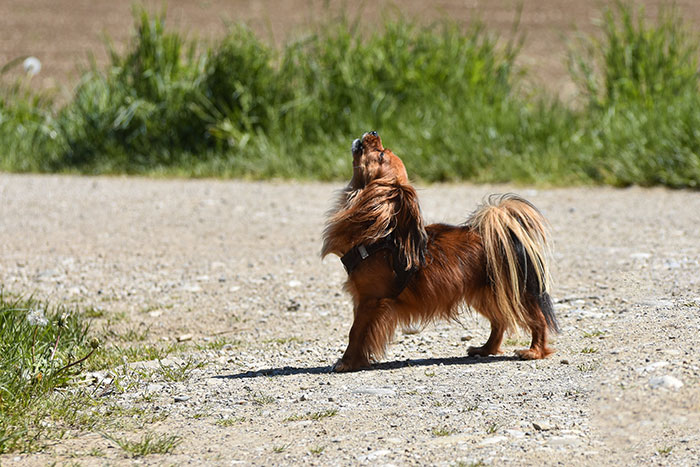
Image credits:Alexas Fotos.
Dogs often use howling as a long-distance communication tool. This behavior is rooted in their ancestry with wolves, who howl to communicate with their pack and other wolves. In the domestic setting, dogs howl when they hear the sound of other dogs to acknowledge their presence or location. It’s their way of saying, “I hear you,” or “I’m over here,” across distances where barking might not suffice.
2. Expressing Emotions
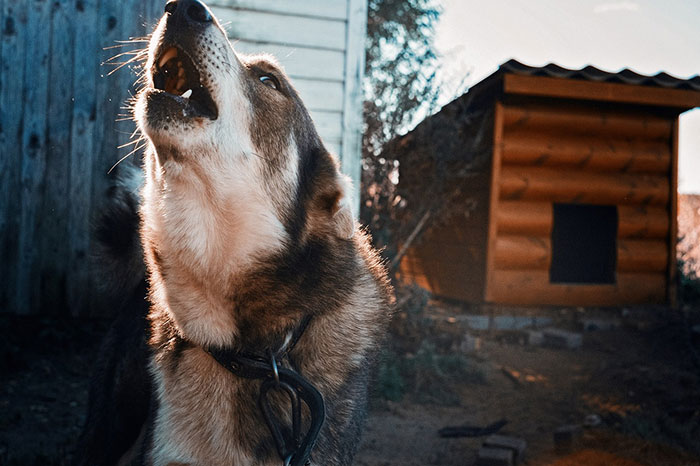
Image credits:whitedaemon.
Dogs often howl, and this can mean many different things. They might feel excited, stressed, lonely, or just want some attention. Let’s break this down if your dog is howling to express emotions:
3. Response to Environmental Stimuli
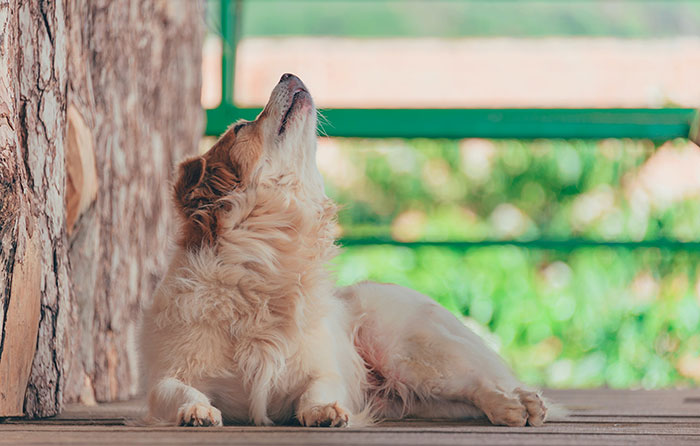
Image credits:Min An.
Dogs, known for their sensitivity to sounds, often howl in response to specificenvironmental stimulilike sirens. This behavior is commonly called “contagious howling.” Let’s explore the usual triggers for responsive howling:
4. Territory Identification
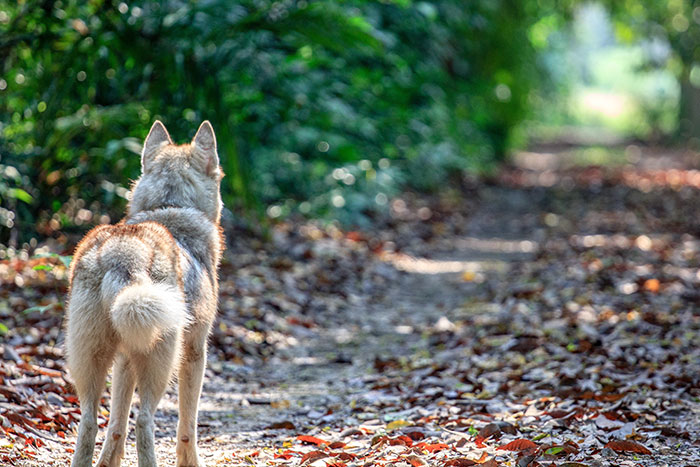
Image credits:topcools tee.
Dogs howl to mark and announce their territory – a key aspect of canine behavior that shows they are protective. This territorial howling has certain signs, like:
5. Breed-Specific Behavior
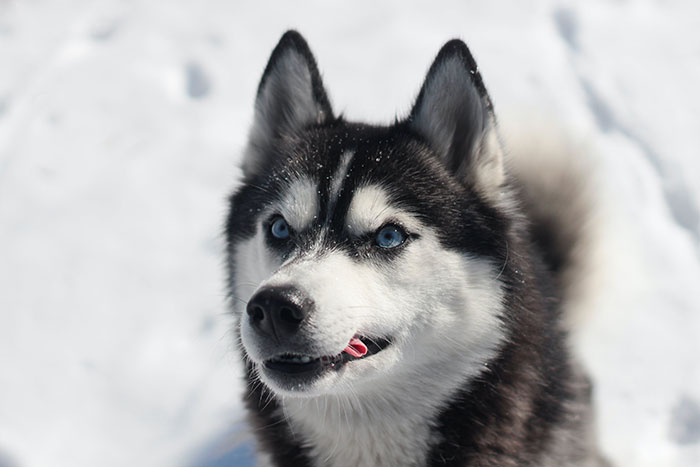
Image credits:Kateryna Babaieva.
Certain dog breeds, like Beagles, Huskies, and other hound breeds, are naturally howl more than others because of their genes and howling tendencies. These breeds and their typical howling sounds includes:
6. Seeking Attention or Alerting to Danger
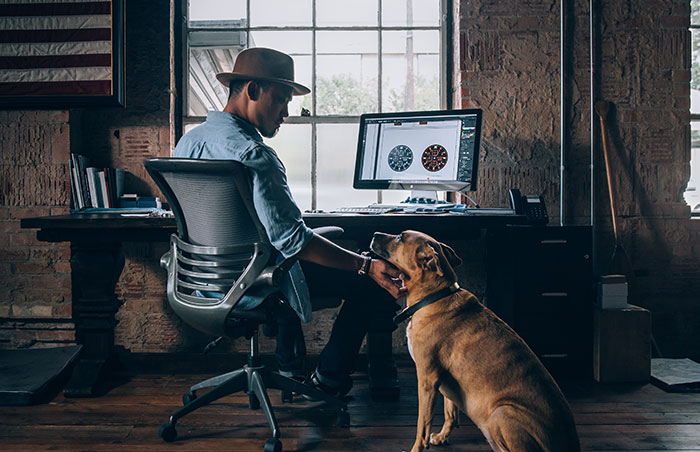
Image credits:devn.
Dogs, our furry companions, have a unique way of communicating – especially through howling. They do this for specific reasons, particularly in our homes. Dog owners need to grasp why dogs howl, as it helps them respond in the best way. Let’s dive into the two main types of howls you might encounter often:
7. Indicating Separation Anxiety or Pain
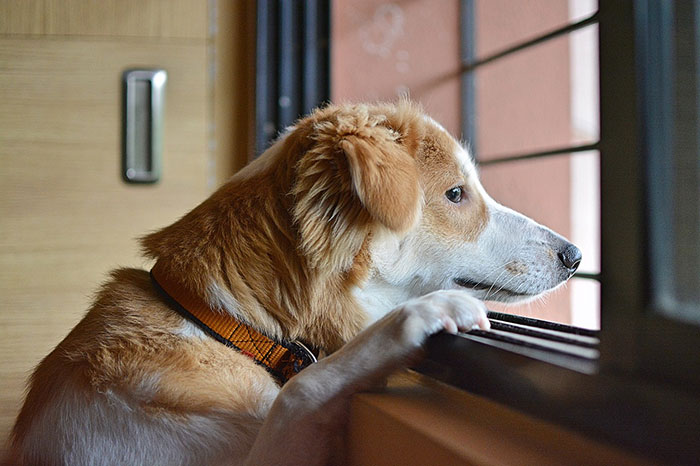
Image credits:dramitkarkare.
Many Dogs sometimes howl because they’refeeling painor experiencingseparation anxiety. It’s crucial to notice that howling may be a sign of your dog’s health and happiness.
8. Manipulation or Demand for Something
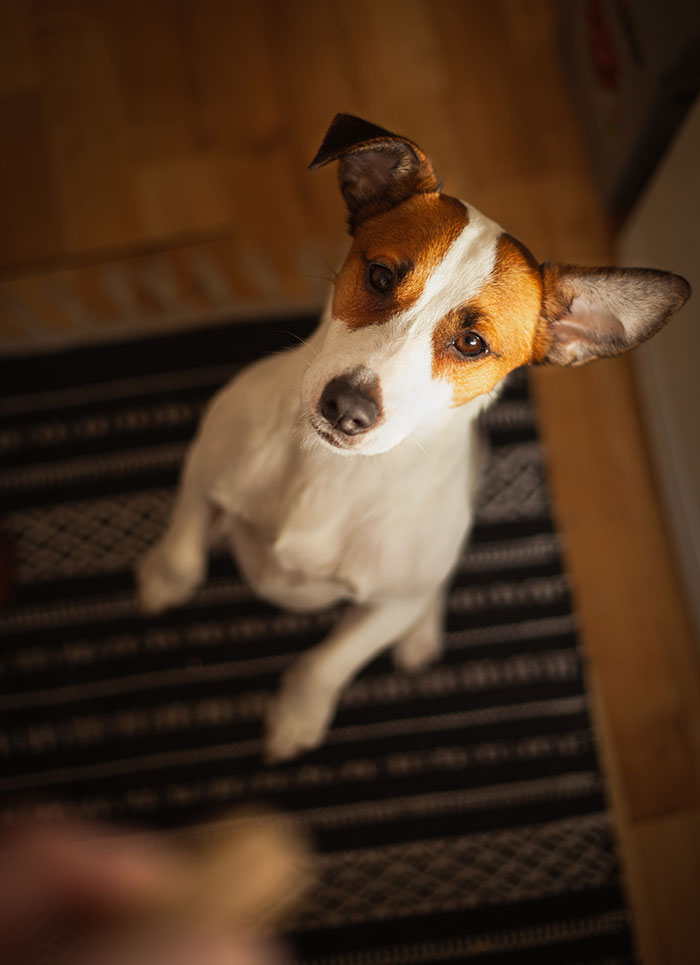
Image credits:Duncan Kidd.
Interestingly, dogs can howl to get what they want from their owners. They learn this trick when howling gets them treats or attention. To stop this manipulative howling, you should:
Addressing Excessive Howling
Training and behavior modification techniques are essential tools in addressing excessive howling. Teach your dog the ‘quiet’ command, using positive reinforcement to encourage silence. And employing desensitization techniques to reduce their reaction to triggers can be effective. Also, try to consult with acertified applied animal behaviorist (CAAB)or a dog trainer. Consistency and patience in these training methods are key, as is ensuring not inadvertently reinforce the howling behavior.
Frequently Asked Questions
What does it mean if a dog howls?
When a dog howls, it could be communicating with other dogs, expressing emotions, reacting to environmental stimuli, indicating distress, or seeking attention.
Are dogs happy or sad when they howl?
Dogs can be either happy or sad when they howl; it depends on the context, such as howling out of excitement or due to anxiety or loneliness.
Do Dogs howl in pain?
Dogs might howl when in pain, but it’s not the only reason for howling; they also howl for communication, attention, and other emotional expressions.
Conclusion
Dog howls are a form of communication that they use to connect with us or tell us what they need. It’s not just a noise, it’s their language to speak and express their emotions and their physical state. From long-distance communication to environmental stimuli and indicating health issues. Each howl has a unique story to tell. Understanding these reactions brings us closer to our furry companions and enables us to care for them more appropriately and in the best possible way.
Pet Wellness